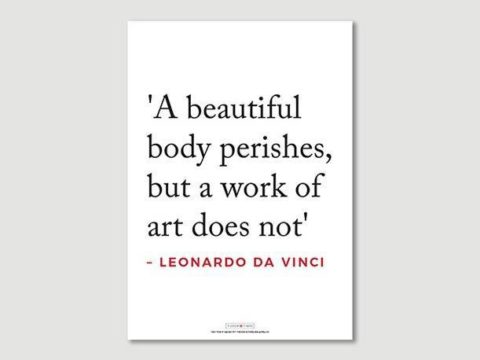Francis Walsingham: Life Story
Chapter 5 : Marriage Negotiations
Anjou himself was not enamoured of the thought of marriage to Elizabeth. Aged twenty at this time, he was strongly influenced by the Guise faction, and identified with the anti-Huguenot cause. Although he did later marry, it is likely that he was homosexual, and the prospect of marrying a woman who was much older, a heretic and a bastard, did not appeal to him.
Whatever Anjou’s personal reservations, his brother the King, and Queen Catherine were strongly in favour of using the marriage to check Spanish ambitions. Elizabeth, whilst undoubtedly disinclined to marriage personally, never ruled the possibility out, and appeared open to the plan.
The first official overtures in March 1571 were to Elizabeth’s other envoy in France, Thomas Sackville, Lord Buckhurst. Elizabeth responded by instructing Walsingham that, since her loving subjects were beseeching her to marry, he was to suggest to the French that a request for her hand might be listened to. The terms would have to be as generous as those that Mary I had negotiated for her marriage to Philip of Spain: the queen’s husband would have no power, would be unable to take her abroad, and could not expect support for foreign wars.
Walsingham, however little he liked the idea of Anjou as king of England, thought it a price worth paying in the interests of promoting Protestantism - anything that could disadvantage Spain would be welcome.
The main sticking point would be religion. Elizabeth was clear from the outset that Anjou would not be permitted to worship as a Catholic, and that he would also be expected to attend the established services. Walsingham, of course, agreed with the queen, but he knew that if this stipulation were made too early, the negotiations would not get off the ground. He therefore deemed it politic to discuss the match somewhat swerving from the precise course of Her Majesty’s instructions.
Throughout 1571, Walsingham was involved in the nitty-gritty of negotiation over the marriage. Anjou wanted to be crowned as king, to have a vast income and to hear Mass in private. Elizabeth was willing to compromise so far as permitting Anjou to abstain from taking Communion in an Anglican service, but pointed out that allowing him to hear Mass would encourage those others of her subject who were still quietly adhering to the old faith. As for him being crowned, that was a pipe-dream that could never come true.
Elizabeth sought to assure Anjou that the Book of Common Prayer was compatible with the Catholic faith – there was no part of it, she claimed, that had not been used in the Church of Rome. A Latin or French translation could be used, if he liked. Cecil was sure that if Monsieur will forbeare his masse, [the Queen] will assent to the marriage. But Anjou was not convinced.
Cecil suggested that the religious issue could be managed by being ignored in the treaty. Elizabeth, either because she wanted to avoid the marriage, or because of genuine religious feeling, would not countenance such a lack of plain dealing.
Walsingham was desperate. He wrote to Leicester in April 1571, that I wish God’s glory and next, the queen’s safety. He truly believed that a French marriage was the only hope for Elizabeth to maintain her throne, and to advance Protestantism. He convinced himself that Anjou’s attachment to his religion was owing to his mother’s influence, and that after a year or two of seeing the truth around him, he would convert.
Walsingham had an implacable distrust of the Spanish, certain that they intended not only to crush the Protestants of the Low Countries, but to threaten England as well. He wrote to Cecil in June 1571, for transmission to Elizabeth Let Her Majesty well assure herself that Spain will never forget the injuries they have received as shall well appear when opportunity of revenge shall be offered. He urged Elizabeth to send financial support to the leader of the Dutch – Louis of Nassau – 50,000 crowns spent immediately would save 300,000 later.
In the summer of 1571, King Charles moved the court to the chateaux of the Loire, where he was hoping to meet with the Huguenot leader, Admiral Coligny. Walsingham was in poor health, and asked Cecil to obtain permission for him to return to Paris, as a precursor to going home. He desire(d) Her Majesty to take some speedy order for someone to supply my place. I hope my life shall stand her in more stead than my death. From this time on, Walsingham continually suffered from poor health – urinary infections and trouble with his eyes being the main symptoms he mentioned.
The knowledge that the marriage to Anjou had collapsed probably did nothing to cheer him. In October 1571, Anjou finally declared he would not marry Elizabeth. Both governments were still eager for an alliance. The French envoy to England, M. de Foix, with whom Walsingham had built up a good relationship in France before the former’s dispatch to London, suggested a straiter alliance or confederacy between the countries.



